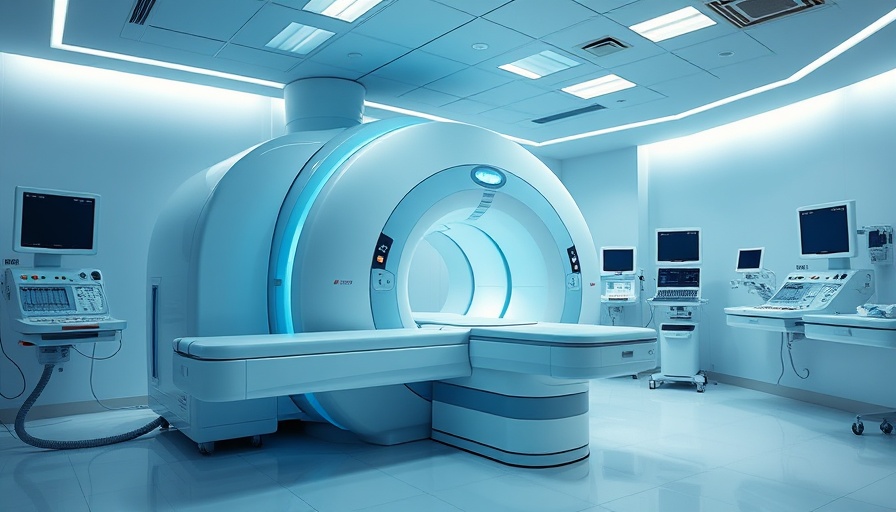
What New Moms Wish They Knew About Postpartum Recovery
Becoming a mother is a life-altering experience, marked by joy, challenges, and unexpected realities. While the excitement around baby registries and preparing the nursery is prevalent, the conversation often neglects the significant journey that lies ahead for new mothers after childbirth. Postpartum recovery can be daunting, yet understanding what to expect can empower women to navigate this often-overlooked phase.
Red Flags and Possible Emergencies
One of the most crucial yet surprising aspects of postpartum recovery is that complications like hemorrhaging or severe pain can occur even after you leave the hospital. It's vital to stay vigilant for red flags such as heavy bleeding, high fever, or sudden swelling. Knowing the symptoms and having your physician's contact information easily accessible can save lives.
To prepare, keep all postpartum paperwork in one place for quick reference and don’t hesitate to seek help if something doesn’t feel right. The postpartum period is a chance for reflection and healing, but also a time to be proactive about your health.
The Bathroom Battle: Understanding Postpartum Struggles
Using the bathroom may feel daunting for new mothers, particularly during the first few weeks after giving birth. Pain from perineal soreness, constipation, or hemorrhoids can create a battlefield in the bathroom. Yet, these issues aren’t often discussed, leaving many women feeling isolated and overwhelmed.
To tackle these challenges, consider stocking your bathroom with helpful supplies like peri bottles and witch hazel pads. Additionally, a stool softener can ease bowel movements, coupled with a high-fiber diet to promote regularity.
Dealing with Postpartum Gas: An Unexpected Issue
Gas and bloating are discomforts that come as uninvited guests after childbirth due to surgical interventions or the body's effort to adjust. For women who have had a C-section, trapped gas can significantly hinder comfort and recovery.
Gentle movements such as walking, along with belly massage, can help alleviate this discomfort. Incorporating soothing herbal teas can also combat bloating, providing new mothers with some much-needed relief amidst the myriad adjustments.
Cooking Falls to the Wayside: Prioritize Nutrition
Amid the joys of motherhood, cooking may feel like an insurmountable task. Fatigue and recovery take precedence, making it tempting to rely on snacks over nourishing meals. However, proper nutrition is essential for recovery and well-being.
Consider meal prepping during pregnancy to stock your freezer with healthy, easy-to-reheat dishes. Friends and family can also play a pivotal role by coordinating meal trains, allowing you to focus on healing rather than dinner.
Forget the 6-Week Bounce Back Myth: Recovery is Personal
While many believe that after the six-week postpartum checkup, mothers should be back to normal, this is far from the truth. Each woman experiences a unique recovery journey that may take months. This personal timeline often includes hormonal shifts and rebuilding physical and mental strength.
Therefore, giving yourself grace and understanding during this recovery is essential. Whether it's seeking support from loved ones or professionals, your mental health is just as important as physical recovery.
Embracing Your Postpartum Journey
Postpartum recovery is an intricate dance between joy and challenge. Understanding the physical and emotional hurdles can not only help you feel more prepared but also reduce feelings of isolation. By discussing these issues openly, you empower yourself and others to receive the support needed to thrive.
As you embark on this new chapter, remember that your journey is distinctively yours. Don’t shy away from seeking advice, and know that prioritizing wellness will set the foundation for both you and your baby. No one tells you what to expect after giving birth, but with awareness and preparation, you can navigate this beautiful yet complex journey with confidence.
For further insights on postpartum wellness and to share your own experiences, consider connecting with a supportive community or local resources that specialize in maternal health. Your journey matters, and gathering information is the first step to empowerment.
 Add Row
Add Row  Add
Add 




Write A Comment